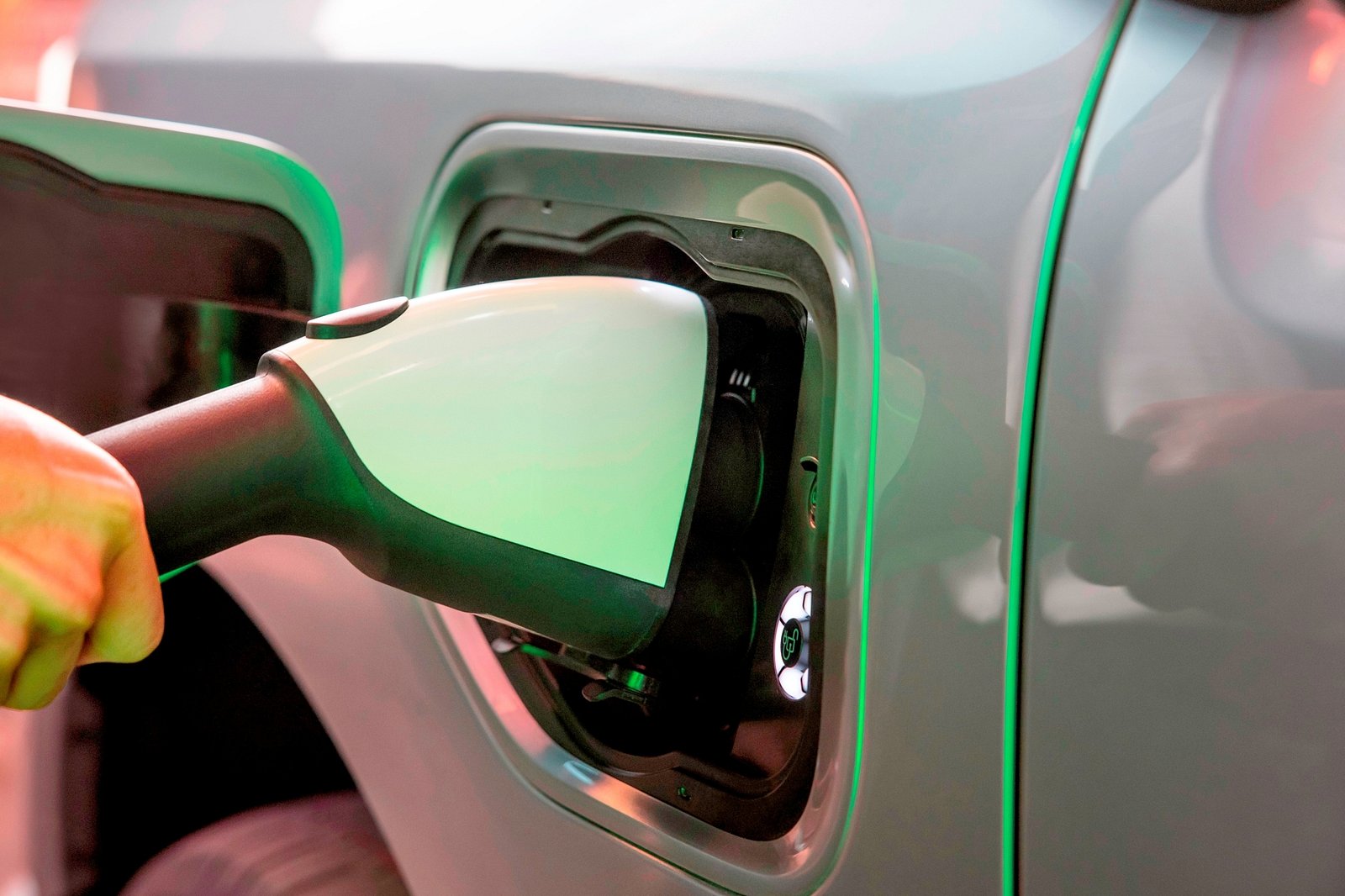
It’s an ideal scenario. Three automakers, essentially rivals for Americans’ hard-earned money, working together for one goal sounds like a pipe dream, but it’s happening. A single platform facilitating interaction between customers, automakers, and utility companies is a welcome feat, especially for power grid management, but some questions must be addressed.
In a country where privacy is a primary concern, are customers willing to provide access to their energy usage data? Sure, the premise is that data will be transmitted securely, but we’ve heard those things before… And a recent report proved just how unsafe your data is in America.
Moreover, the financial incentives for EV users who will buy into the idea of ChargeScape need to be clarified. Off-peak charging rates are already low without the platform, so why bother joining if not for the perceived environmental benefits of clean energy?
And then there’s the issue of V2G technology. Only a handful of companies – such as Ford, GM, and Hyundai – have bidirectional charging tech in their cars, with some already confirmed to follow suit. However, Tesla, one of the biggest EV makers in the US by sales, has yet to implement this in its cars.
Also, while ideal for everyone, giving your battery charge back to support the grid isn’t an attractive proposition, as range anxiety is still very much a thing. We all know those who charge at home overnight expect to see their F-150 Lightning fully charged and ready to go in the morning.

